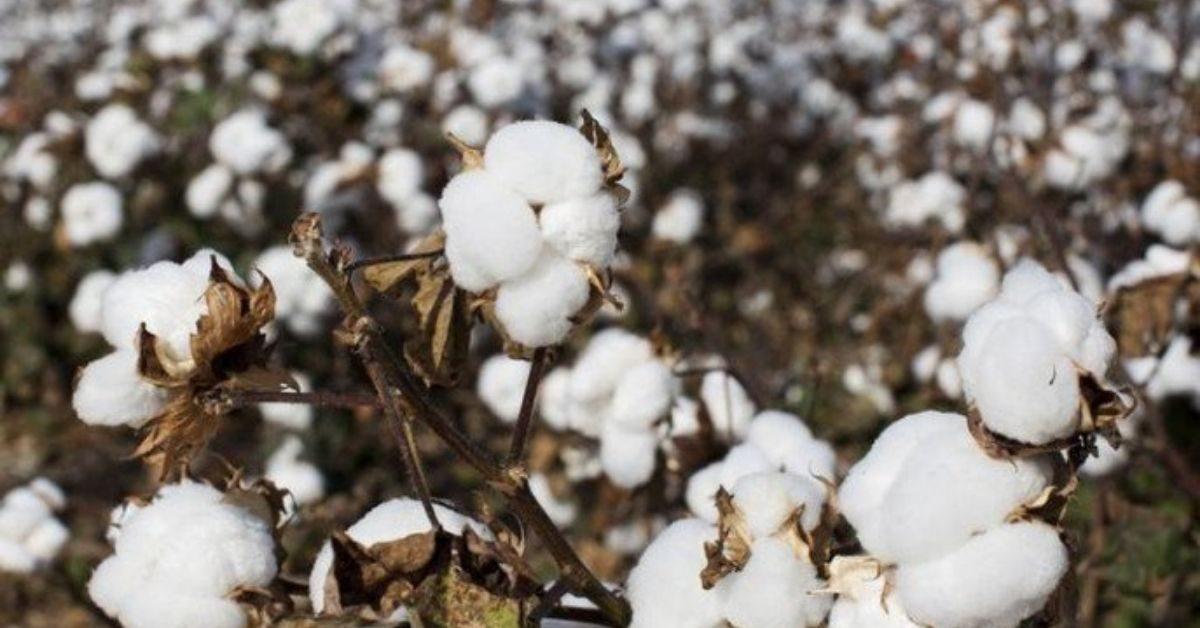To strengthen the US foothold in Bangladesh’s market, US exporters and their representatives put an emphasis on resolving issues, such as the obligation to fumigate US cotton after imports, not being able to send cotton-laden ships directly to Bangladesh in the absence of a deep seaport, a hike in shipping costs and other logistics costs.
A three-member delegation from Cotton Council International (CCI), a non-profit trade platform that promotes US cotton, is currently visiting Bangladesh as part of the country’s effort to further increase the US cotton export to Bangladesh.
During the visit, they met with representatives of spinning mill owners and leaders of Bangladesh Textile Mills Association (BTMA).
In the meantime, after the meeting with the CCI delegation on Tuesday, BTMA President Mohammad Ali Khokon told The Business Standard, “We have unofficially demanded that US-cotton made garments be given duty-free access to the country’s market.”
“We also requested them to send cotton directly from transshipment ports, such as Sri Lanka, Malaysia or Singapore. In this way, we can get shipments within 30 days,” he added.
Talking to the media at a city hotel, William R Bettendorf, director of supply chain and marketing for South and Southeast Asia of CCI, said Bangladesh’s spinning industry is heavily dependent on imported cotton. The US cotton export witnessed a 40% year-on-year growth in FY21.
In FY20, Bangladesh imported 8.2 million bales of cotton from the global market, of which, o.83 million of bales came from the US market.
According to CCI representatives, in FY21, the country imported around 1.15 million bales, which accounted for around 14% of its total imports.
Many factories are now making new investments in setting up spinning facilities because of growing demand for yarns in Bangladesh, leading to the inclusion of about two million new spindles to the existing production capacity in the next two years, according to the BTMA.
So, the country will have to import an additional 2 million bales of cotton.
Talking about the reasons for the increase in Bangladesh’s US cotton imports, Bettendorf said mills and manufacturers in Bangladesh trust US cotton because of its quality, sustainability, transparency, innovation and value.
“Every bale is tested, quality is guaranteed, and our cotton provides a better spinning consistency,” he noted.
The US representative also said there is no deep sea port in Bangladesh, which is greatly affecting Bangladesh’s apparel industry.
As there is a delay in receiving products, action plans get stuck. The fumigation process is also there that takes three days. Besides, there are many issues that Bangladesh can only solve, Bettendorf pointed out.
Fumigation is the process of disinfecting or purifying an area with the fumes of certain chemicals. Cotton-carrying containers from the US have to be fumigated at the port for a specified period of time, which industry people think is giving a rise to spending.
The delegation also included Wesley Rentz, senior director at Southeast Cotton operation, Joerg Bauersachs, head of CCI Technical Service and Ali Arsalan, country representative at Cotton USA.
Source : TBS News






